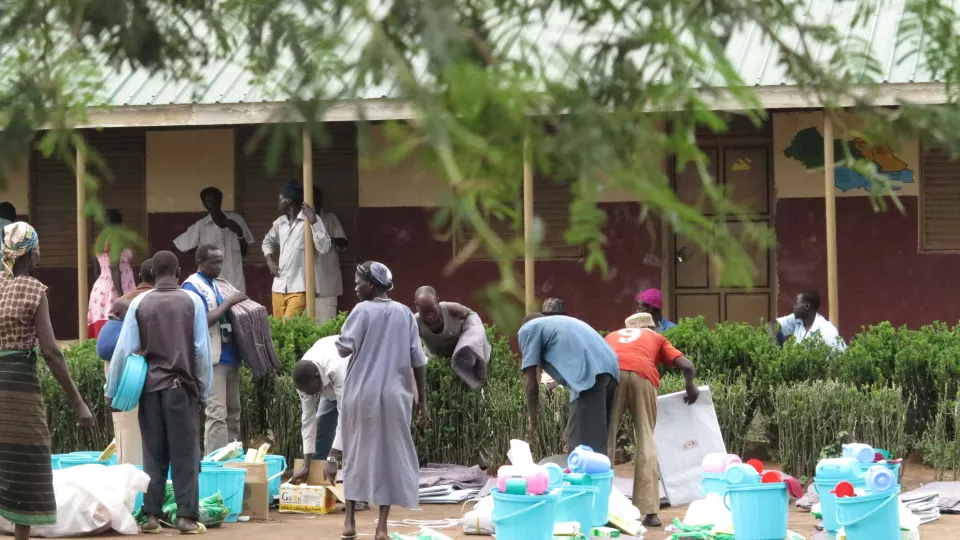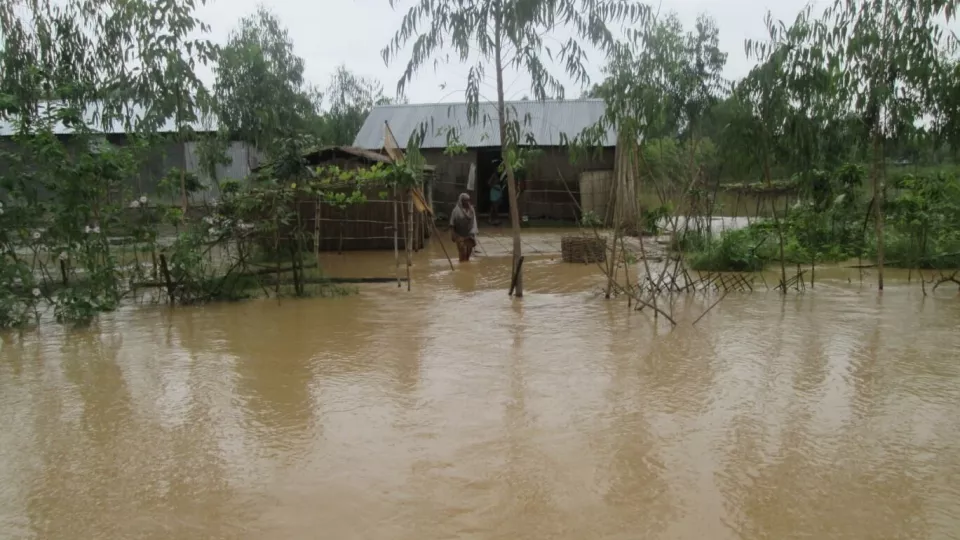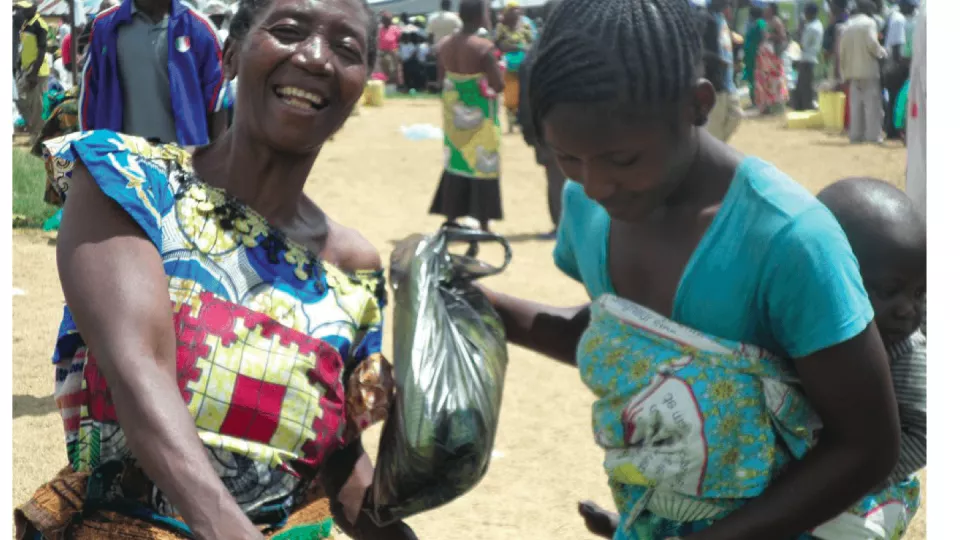
Start Fund disburses funds for displaced people in Burundi
The Start Fund was alerted last week to provide support to hundreds of thousands of people affected by violence in Burundi.

The Start Fund was alerted last week to provide support to hundreds of thousands of people affected by violence in Burundi.
We are delighted to announce our agenda for Start for Change and an initial line up of exciting speakers.

Islamic Relief’s 1% learning activity Bangladesh
Building new humanitarian solutions together
The opening paragraph from the report from the international conference on South-South humanitarianism makes fascinating reading.
Start Fund provides £219,986 for people displaced by violence in Nigeria

Second Start Fund activation for Yemen provides £295K for displaced communities

Start Fund provides £100,000 for Tanzania flood response
Where does power lie in the humanitarian system? What barriers need to be overcome for local organisations to play a leading role in decision-making and responding to crises?

Choosing to have Choice: Lesson Learning on Cash Transfers in Emergency Response from Beni, DRC